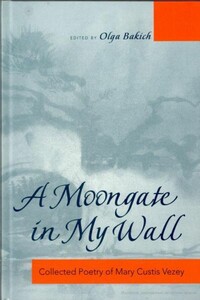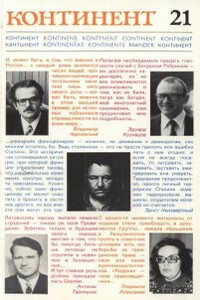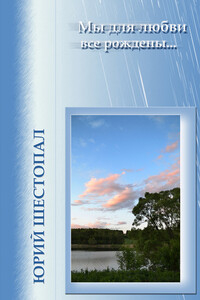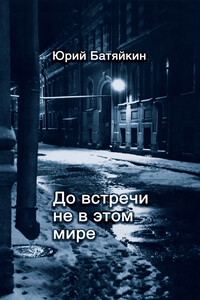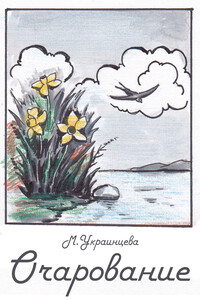A moon gate in my wall: собрание стихотворений - страница 7
Emigre poet Valerii Pereleshin thought very highly of Vezey's poetry, writing to her about the poem "Как strashno odinoki my na svete" (How terribly lonely we are in this world) (poem 244): "Harbin can be proud of you as a poet. The poem is beautiful and technically perfect. 1 must say that I am waiting for your book with impatience. And 1 foresee that 'the universal scale' of ЈmigrЈ poetry will shift as soon as this future book comes out. (…) And another special praise: your rhymes are precise, taken from the living language, not composed."[30] In another letter, he defined her poetry as "poems with 'reticence' which have to be thought through. I love such poems. (…) I always welcome 'reticence': this is partly the influence of the Chinese classical poets who never dotted their 'i's. The reader was a participant in the creation. Poems with 'reticence' are far from 'nonsense.' They are also justified by the fact that poetic feeling is always irrational to some degree, not fully expressible. (…) It is great that you are sparing and laconic in your poems. I regard this as an ideal of poetic architecture. I think that Soviet poets are so long-winded because they are paid per line. No one pays emigre poets anything for their poetry."[31]
His review, however, expressed his contentious view of "women poets." On the one hand, he characterized Golubaia trava as "a collection of pure, good poetic quality, written by a woman-poet (zhenshchina-poet \." For him, many poems exhibit the style of "a poet, not a poetess" (poet, a ne poetessa) and in them "Pegasus takes flight, and the spirit touches the outlines of the beyond. I…) In spite of its purely feminine emotionality, Golubaia trava is an excellent book." On the other hand, he stated: "M. Vezey dedicates her third book to her husband, and this places her among the followers of Akhmatova. (…) As a poetess (poetessa J, M. Vezey is very strong, but for me personally, poetry begins at the place where the poetess ends and the poet begins. Mary Vezey has quite a few poems which are already free from emotionality which is hard to overcome, and one is extremely pleased by the poems where she speaks simply as a person, and not as a woman."[32] This chauvinistic prejudice and confusion of issues are reflected in Pereleshin's poem "Nochnie proletaiut poezda" (Night trains rush on), dedicated to Mary Vezey, where Pereleshin speaks of her "sadness with its enormous eyes," her barely audible voice, almost a whisper, and her "impersonal," "asexual" signature "M. Vezey."[33] Her surname, indeed, does not indicate gender in the way many Russian surnames do, but what he failed to understand was that this signature, instead of "Mary Vezey," meant that to a true poet gender did not matter.
In the 1970s and 1980s, Mary Vezey continued to write and translate in Russian and in English. In the summer of 1985, Mary Vezey and Valerii Pereleshin began working on an anthology of Russian poetry of China, tentatively entitled "U dobrogo drakona" (In the Home of a Kind Dragon).[34] The work took a lot of time and effort. Pereleshin soon bowed out, hoping that Leiden University would supplement his forthcoming memoirs "Dva polustanka" (Two Wayside Stations) with an anthology He informed Mary Vezey that the joint compilation was now hers alone and in the further correspondence kept calling it "your anthology." When Pereleshin's death on 7 November 1992 ended his indirect participation, Mary Vezey did not abandon the project: "1 hope to complete my literary work, no matter how insignificant it was, with this anthology.”
